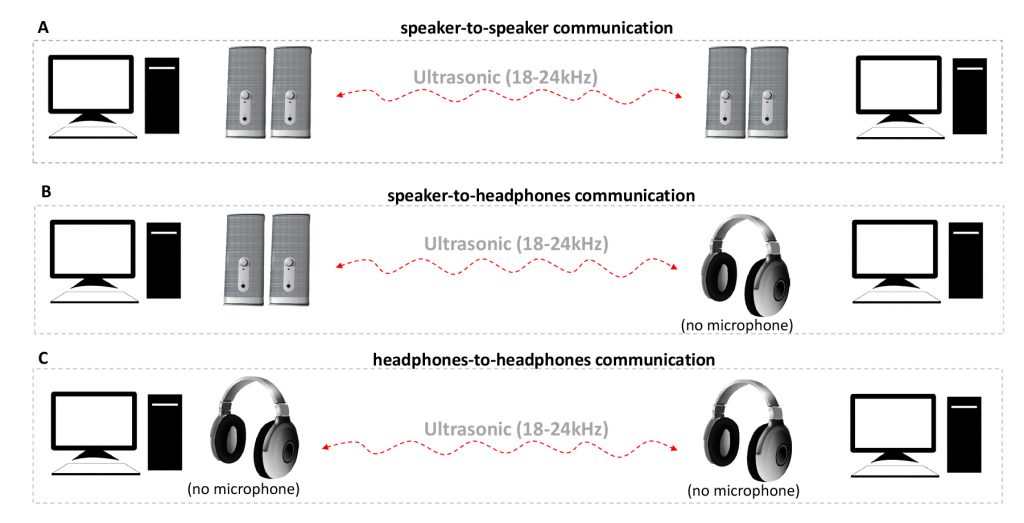CBG in the News
Dojo by BullGuard and BGN Technologies Form Strategic Partnership to Develop Advanced IoT Security Technology
Dojo by BullGuard and Cyber@BGU, the Ben-Gurion Cyber Research Lab, Join Forces to Develop Advanced, Future IoT Security Technologies Together to Address the Rising Tide of IoT Cybercrime SAN FRANCISCO and BEER SHEVA, Israel, Aug. 21, 2018 /PRNewswire/ — Dojo by BullGuard, a market leader in IoT security, and BGN Technologies, the technology transfer company of Ben-Gurion University of the Negev (BGU) today announced a partnership to develop advanced technologies for automated IoT threat detection utilizing artificial intelligence (AI) and highly advanced machine learning algorithms. Researchers from Cyber@BGU, the cyber resear...
Read More ...Slowdown Nation: Israel lags on internet speeds, choked by lack of competition
Israel slides to number 70 out of 200 nations surveyed on average download speed, as the duopoly that controls the market drags it...
Read More ...Hackers Could Cause Havoc By Pwning Internet-Connected Irrigation Systems
Researchers at a university in Israel have found ways to turn smart irrigation systems into a botnet that could theoretically drai...
Read More ...Hackers could turn your garden sprinklers into a cyber weapon
Israeli researchers are warning that smart irrigation systems could take down parts of a city’s water system. Spray and prey: T...
Read More ...Sounds Odd? Your 3D Printer Could Be Hacked
New research from Ben-Gurion University of the Negev in Israel, that previously showed how easy it is to hack 3D printed drone...
Read More ...Evil third-party screens on smartphones are able to see all that you poke
Of course researchers added machine learning to the mix too Smartphone hackers can glean secrets by analysing touchscreen user int...
Read More ...Royal Bank of Canada invests $2m in BGU cybersecurity R&D
The collaboration aims to develop protection methods to strengthen AI and machine learning techniques, while limiting their vulner...
Read More ...לישון (לא) כמו תינוק: כך פורצים לבייבי מוניטור
יש בבעלותכם מכשיר בייבי מוניטור? יעל מה-טוב ועומר שוורץ, חוקרי סייבר, הג�...
Read More ...New hacks siphon private cryptocurrency keys from airgapped wallets
Beware of smartphones and cameras around wallets storing your digital coin. Researchers have defeated a key protection against cry...
Read More ...New algorithm identifies fake users on social networks
Israeli and American researchers develop generic method to detect fake accounts on most types of social networks, including Facebo...
Read More ...Cyber @ BGU Mentioned
As with people, nations are best judged by what they do, not what they say. Based on the quality and quantity of its achievements,...
Read More ...MOSQUITO Attack Allows Air-Gapped Computers to Covertly Exchange Data
The team of security researchers—who last month demonstrated how attackers could steal data from air-gapped computers protected inside a Faraday cage—are back with its new research showing how two (or more) air-gapped PCs placed in the same room can covertly exchange data via ultrasonic waves. Air-gapped computers are believed to be the most secure setup wherein the systems remain isolated from the Internet and local networks, requiring physical access to access data via a USB flash drive or other removable media. Dubbed MOSQUITO, the new technique, discovered by a team of researchers at Israel’s Ben Gurion University, works by r...
Read More ...










































